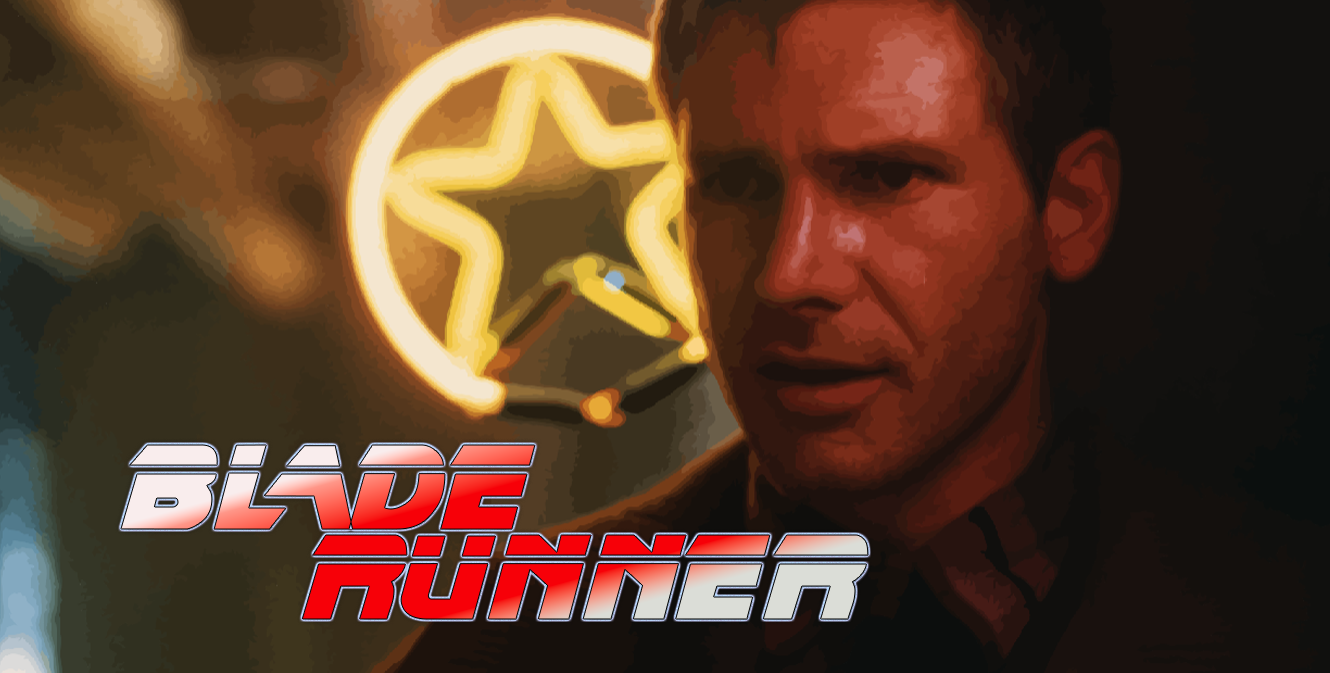
When it was first released in 1982, Blade Runner was not a commercial success. But over the years, the film has achieved cult status and is now considered one of the most influential science fiction films of all time. Directed by Ridley Scott and starring Harrison Ford, Rutger Hauer, and Sean Young, the film is set in a dystopian future in which genetically engineered “replicants” are created by the Tyrell Corporation to work as slave labor on off-world colonies.
The story follows Deckard, a “blade runner” or police officer, who is tasked with hunting down rogue replicants on Earth. As he tracks down the rogue replicants, Deckard begins to question the morality of the society that created them and the nature of his own humanity. The film explores themes of what it means to be human, the nature of memory, and the morality of creating sentient beings for the purpose of using them as tools.
Blade Runner’s dystopian future is a dark and gritty one, where the line between human and artificial intelligence is blurred. The film’s visual style, with its neon-lit streets, flying cars, and towering skyscrapers, has become iconic and has had a huge influence on the look of science fiction films and TV shows that came after it. The film’s score, composed by Vangelis, adds to the film’s eerie and atmospheric tone, making it a true sensory experience.
One of the most fascinating aspects of the film is the question of Deckard’s own humanity. Is Deckard a human or a replicant? This question has been the subject of much debate among fans and critics. The question is never fully answered in the film, leaving it open to interpretation.
Blade Runner was followed by a sequel, Blade Runner 2049, in 2017. Directed by Denis Villeneuve and starring Ryan Gosling and Harrison Ford, the sequel picks up the story thirty years after the events of the original film. The sequel explores the same themes of what it means to be human and the nature of memory, while also delving deeper into the world of the original film and the implications of the story.
In conclusion, Blade Runner is a science fiction classic that continues to fascinate audiences to this day. Its exploration of what it means to be human and the morality of creating sentient beings for the purpose of using them as tools, combined with its iconic visual style and atmospheric score, make it a must-see for any science fiction fan. With its open-ended nature, the film leaves a lasting impression, and is sure to spark discussions and debates for years to come.